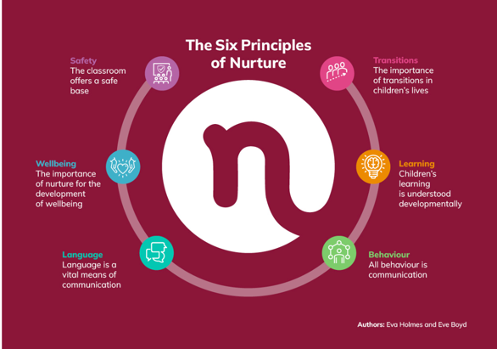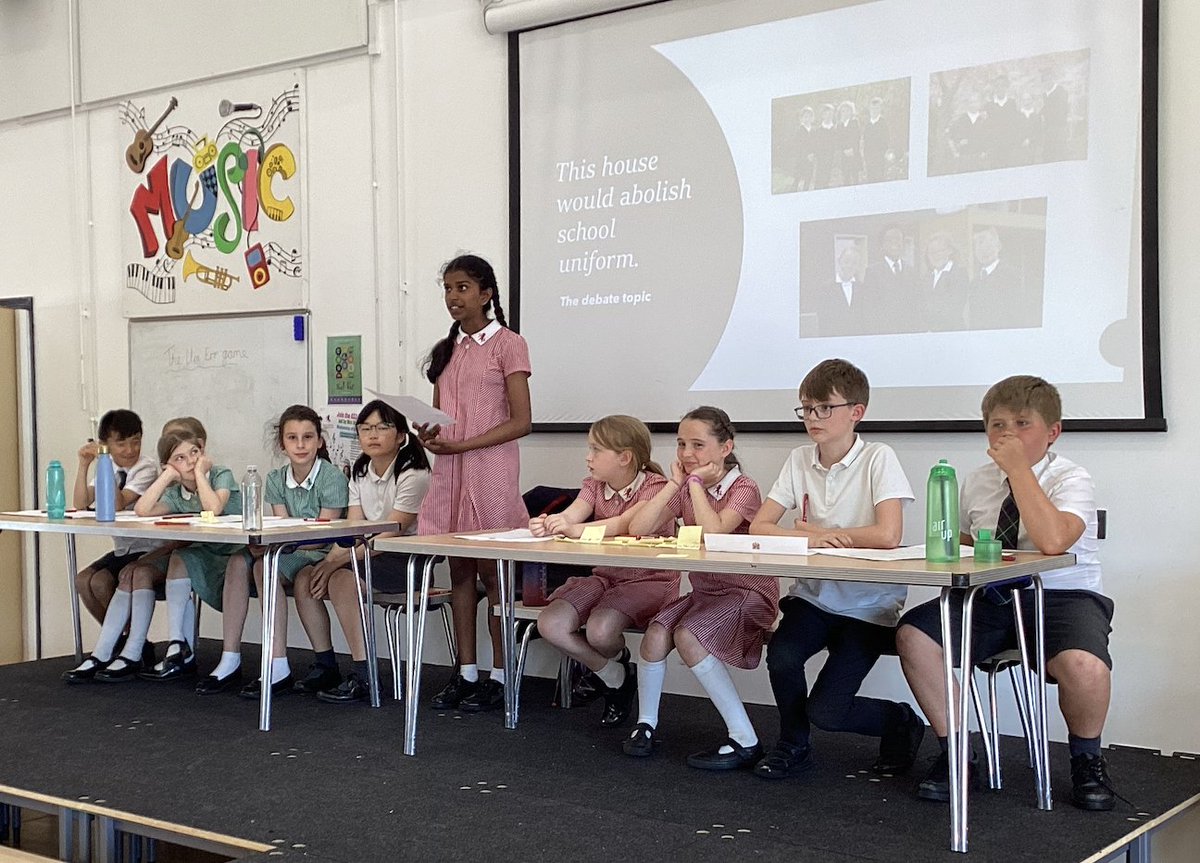Download our FREE smartphone app today!
Nurture

What is nurture?
The concept of nurture highlights the importance of social environments – who you’re with, and not who you’re born to – and its significant influence on social emotional skills, wellbeing and behaviour. Children and young people who have a good start in life are shown to have significant advantages over those who have experienced missing or distorted early attachments. They tend to do better at school, attend regularly, form more meaningful friendships and are significantly less likely to offend or experience physical or mental health problems.
The nurturing approach offers a range of opportunities for children and young people to engage with missing early nurturing experiences, giving them the social and emotional skills to do well at school and with peers, develop their resilience and their capacity to deal more confidently with the trials and tribulations of life, for life.
THE SIX PRINCIPLES OF NURTURE GROUPS.
- Children's learning is understood developmentally.
- The classroom offers a safe base.
- Nurture is important for the development of self-esteem.
- Language is understood as a vital means of communication.
- All behaviour is communication.
- Transitions are significant in the lives of children.
Our Project - information to follow
Nurture Group: Parental Guidance - Information to follow
Boxall Profile
The Boxall Profile is an assessment of a child’s social and emotional aptitudes. It was developed through many years of research by Educational Psychologist, Marjorie Boxall and has been used widely in schools and for research for over 20 years.
The profile has its base in Attachment Theory and allows an insight into a specific child’s behaviour and enables planning for teaching, taking into account specific strengths and weaknesses.
At Holborough Lakes, we use the Boxall Profile as part of our toolkit to develop an holistic understanding of each child. Children accessing pastoral support are assessed to add an understanding of the child’s social and emotional wellbeing to the academic results we track. This allows us to target pastoral support within Nurture Group more effectively, as well as measure a child’s progress towards a particular goal.
Children who access Nurture Group support are assessed using the Boxall Profile (three times per year), the results of which inform the following term’s planning to meet the needs of each individual child.
Although the Boxall Profile is a useful tool for identifying strengths and areas for development, the views of parents/carers, teaching staff and, most importantly, the children themselves are also taken into consideration both within classrooms and when accessing support such as Nurture Group.
Further information:
https://www.nurtureuk.org/what-is-nurture/
https://www.elsa-support.co.uk/category/free-resources/























